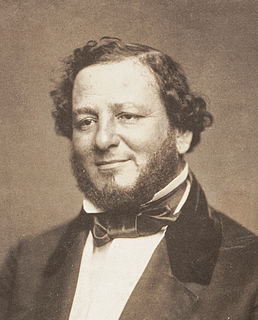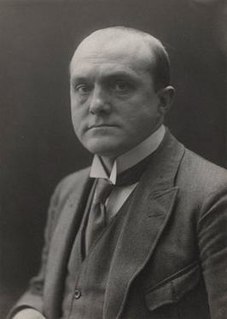A Quote by Marcus Tullius Cicero
Prudence in action avails more than wisdom in conception.
Related Quotes
The step between prudence and paranoia is short and steep. Prudence wears a seat belt. Paranoia avoids cars. Prudence washes with soap. Paranoia avoids human contact. Prudence saves for old age. Paranoia hoards even trash. Prudence prepares and plans, paranoia panics. Prudence calculates the risk and takes the plunge. Paranoia never enters the water.
Balance is the key to my serenity. I attain balance by listening to my inner wisdom and to the wisdom of others. There is no situation in which I cannot find a point of balance. There is no circumstance in which I cannot find inner harmony. As I ask to be led into equilibrium and clarity, I will find that my answers come to me. I am wiser than I know, more capable of right action and attitudes than I yet believe. In every event, I seek the balance point of God's action through me.
The wisdom of the chess player is displayed more in winning over a capable opponent than a novice. The wisdom of the general is displayed more in defeating a superior army than in subduing an inferior one. Even more so, the wisdom of God is displayed when He brings good to us and glory to Himself out of confusion and calamity rather than out of pleasant times.
[Prudence] is the virtue of that part of the intellect [the calculative] to which it belongs; and . . . our choice of actions will not be right without Prudence any more than without Moral Virtue, since, while Moral Virtue enables us to achieve the end, Prudence makes us adopt the right means to the end.
Nothing more enhances authority than silence. It is the crowning virtue of the strong, the refuge of the weak, the modesty of the proud, the pride of the humble, the prudence of the wise, and the sense of fools. To speak is to . . . dissipate one's strength; whereas what action demands is concentration. Silence is a necessary preliminary to the ordering of one's thoughts.
Constitutional rights are useful up to a point, but they do not serve to guarantee much more than what could be called the bourgeois conception of freedom. According to the bourgeois conception, a "free" man is essentially an element of a social machine and has only a certain set of prescribed and delimited freedoms; freedoms that are designed to serve the needs of the social machine more than those of the individual.
As a painter, cursed or blessed with a terrible and vital sensuousness, I must look for wisdom with my eyes. I repeat, with my eyes, for nothing could be more ridiculous or irrelevant than a 'philosophical conception painted purely intellectually without the terrible fury of the senses grasping each visible form of beauty and ugliness.
The whole conception of a God is a conception derived from the ancient oriental despotisms. It is a conception quite unworthy of free men. We ought to stand up and look the world frankly in the face. We ought to make the best we can of the world, and if it is not so good as we wish, after all it will still be better than what these others have made of it in all these ages.












































